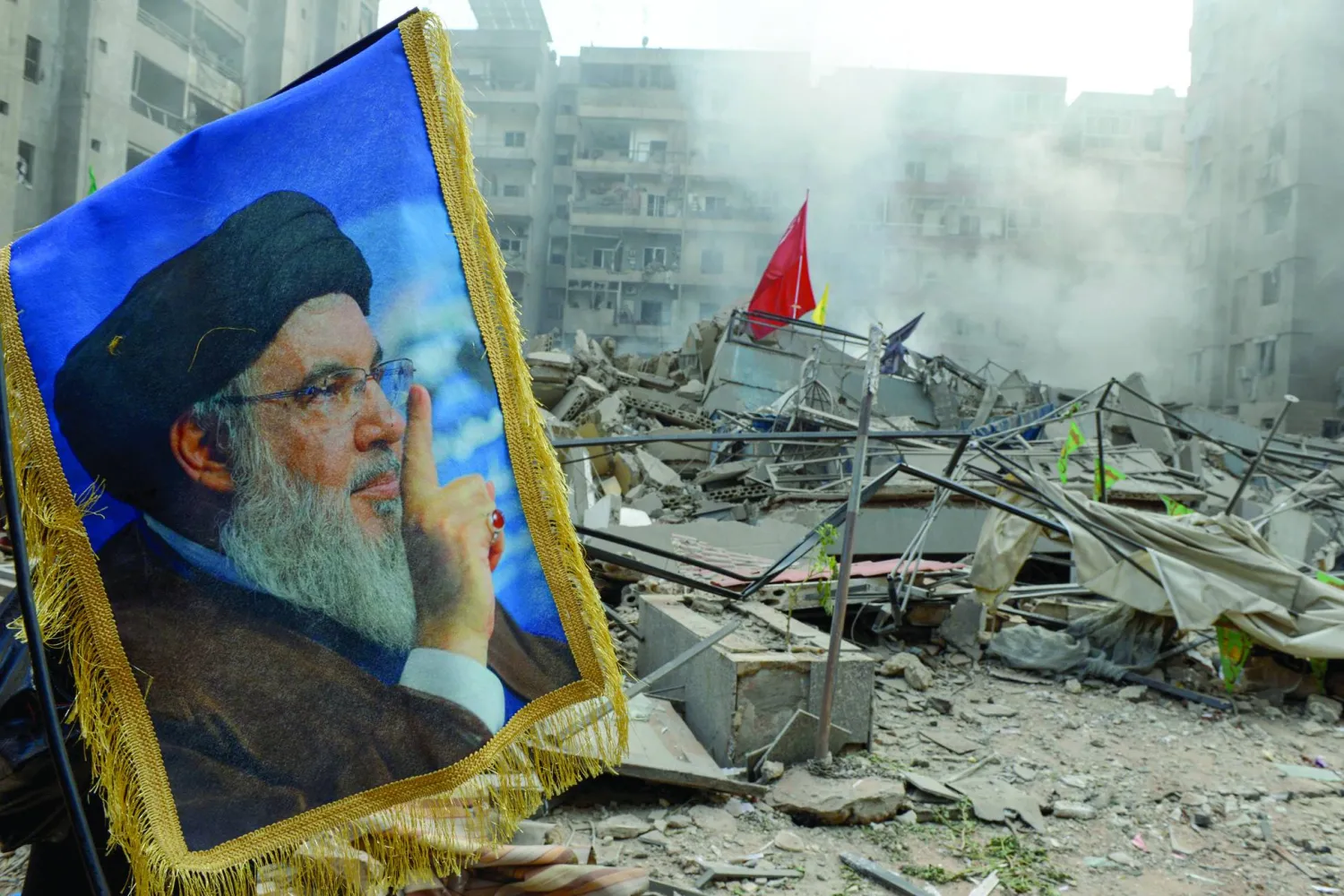Israel is planning to form a special tribunal panel to oversee the cases of detained Hamas fighters who participated in the Oct. 7 attack.
The Israeli public broadcaster, Kan, said that the government's legal advisor, the attorney's office, the court administration, and the public defender's office are all in agreement that regular criminal law isn't the correct avenue to try those who took part in Hamas's Oct. 7 attack.
Israel arrested about 200 Hamas fighters after nearly 3,000 members stormed the Gaza Strip, leaving more than 1,400 Israelis dead and 2,500 wounded, in addition to about 250 hostages.
Israeli media said that in addition to the 200 detained fighters, others had been arrested from Gaza during the ground operation, without it being clear how many there were and whether they were fighters or civilians.
Discussions between legal bodies about how to prosecute Hamas fighters are ongoing.
However, officials are moving to develop special legislation that would allow the establishment of a special tribunal, whose sessions will be broadcast live, to present a historic legal case against Hamas.
The Israeli Ministry of Justice refused to confirm or deny the report.
On Oct. 24, Energy Minister Israel Katz proposed another method through which the fighters could be brought to trial and then executed.
Katz requested approval to establish a court that would operate under Israeli law to prosecute Nazis and their collaborators.
Israeli law does not allow the death penalty except against Nazis or their collaborators.
Katz said that expanding the law to include Hamas militants would allow them to be executed.
The Minister posted on the X platform that he contacted the Minister of Justice, Yariv Levin, to establish a special military court that applies the law of crimes of Nazis and their aides to Hamas.
He added: "Death sentences will be imposed on those involved in the attack on the State of Israel on Oct. 7."
"The acts of these vile Hamas wretches, who cut off heads and limbs, tortured, burned, raped are no less severe than those of the Nazis," Katz wrote, adding that he didn't consider extending the law to include the Oct. 7 terrorists to be overreach.
It is not the first time that ministers and officials, including Katz himself, have called for the execution of Palestinian prisoners, but it is the first time that officials have proposed applying the Nazi Law.
Currently, there are about 7,000 Palestinian prisoners in Israeli prisons, including 2,000 who were arrested after the al-Aqsa Flood, while Hamas has about 250 Israeli prisoners.
Hamas proposed an "all for all" deal that included the release of all Israelis in exchange for freeing all Palestinian prisoners. It also said it would agree to partial agreements.
Hamas chief in Gaza Yahya Sinwar announced last Saturday that they are ready for an "immediate" exchange deal that includes the release of all Palestinian prisoners in "occupation prisons" in exchange for the release of all "Israeli prisoners held by the resistance."
Sinwar called on the bodies and organizations concerned with prisoners' affairs to consider that they were in permanent session and prepare lists of male and female prisoners held by the occupation ahead of the next stage.
In response, Israeli army spokesman Daniel Hagari described Hamas' willingness to release the prisoners as "psychological terrorism" aiming to pressure Israel.
Israel is trying to liberate its prisoners through the ground operation without striking a deal with Hamas.
Tel Aviv aims to end Hamas, not negotiate with the movement. If Hamas succeeds in concluding a deal, its fighters will be among the released.









